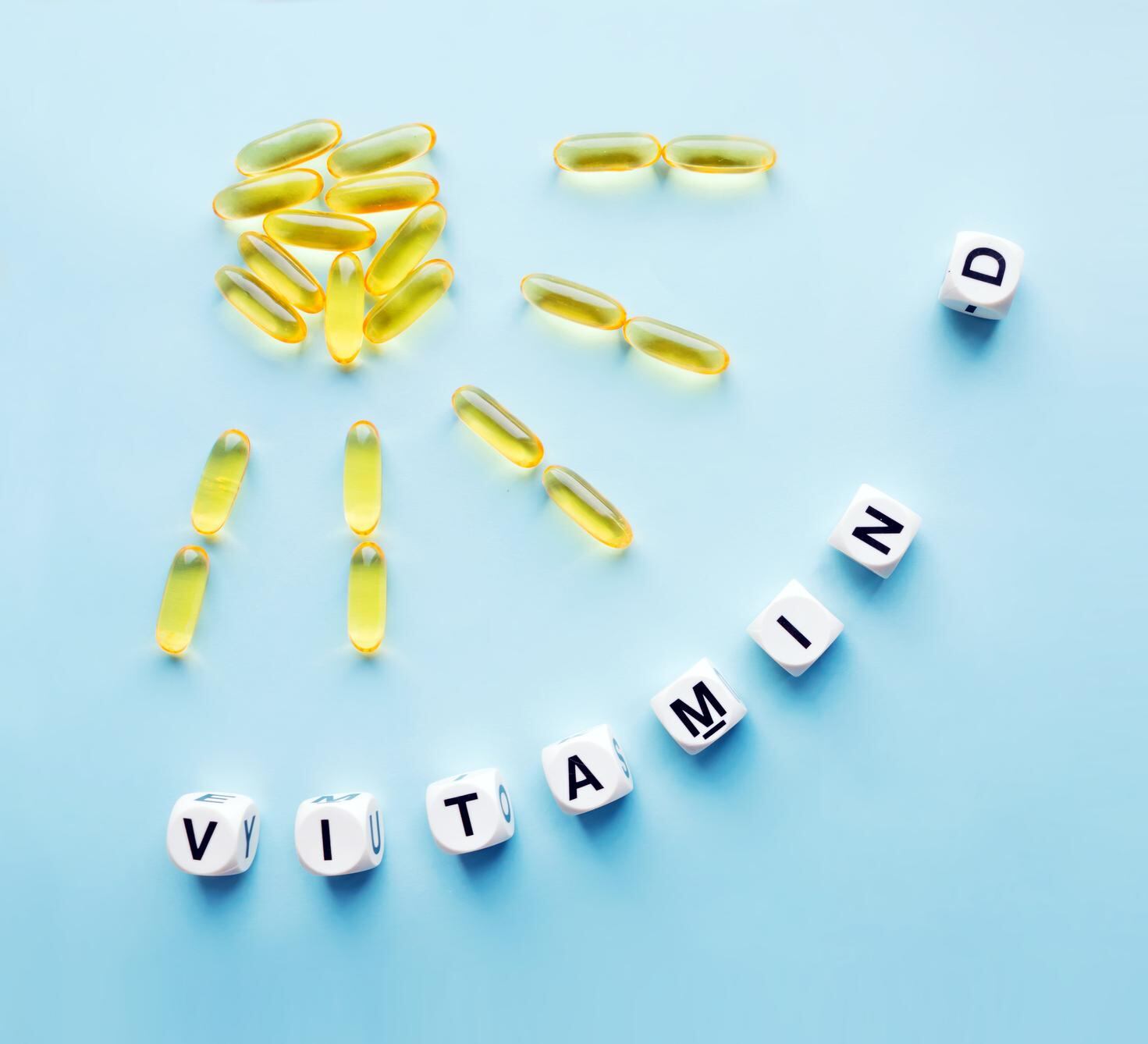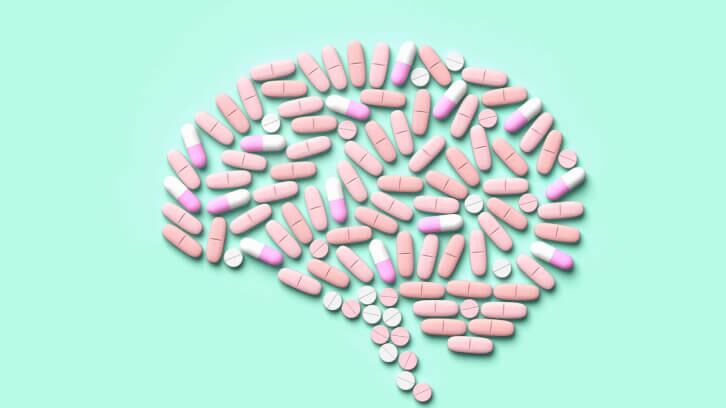“Our results showed that high fructose corn syrup induced oxidative stress, neurobehavioral, histological and immunological abnormalities, and memory deficits in adolescent rats, whereas treatment with vitamin D improved neurobehavioral and immunohistopathological markers, increased antioxidant activity and enhanced memory,” the researchers wrote in Behavioural Brain Research. “This effect may be attributed to the neuroprotective effect of vitamin D.”
They added that vitamin D regulates the oxidant-antioxidant balance by increasing intracellular antioxidant concentration and reduces oxidative stress by removing excess free radicals. Molecular oxidative damage in certain regions of the brain such as the hippocampus is associated with decreased cognition, learning and memory.
Reversing symptoms
Twenty-four animals were divided into three groups as control, high fructose corn syrup group and high fructose corn syrup group plus vitamin D (42 μg/kg/day). To test brain activity, the rats endured an elevated plus maze (which tests anxiety-related behavior), a forced swim test and a Morris water maze (a test of spatial learning). Fluid intake consumption of the rats was measured daily while weight gain and blood glucose were measured weekly.
After 31 days of treatment, the rats were sacrificed and prefrontal cortex tissue was removed for biochemical, histopathological and immunohistochemical analyses.
In the high fructose corn syrup group, fluid consumption, blood glucose, malondialdehyde levels, degenerative neuron count and choline acetyltransferase expression were significantly increased and superoxide dismutase, catalase enzyme activity and brain-derived neurotrophic factor expression were significantly decreased, said the researchers, who are affiliated with Suleyman Demirel University in Turkey.
“In addition, the time spent in the enclosed arm in the elevated plus maze was increased… and the time spent in the target quadrant in the Morris water maze was significantly decreased,” the researchers wrote. “Vitamin D treatment reversed all these parameters.”
High fructose corn syrup caused an increase in the number of degenerative neurons in the prefrontal cortex, disrupted cholinergic activity and negatively affected learning-memory functions. Vitamin D, decreased the number of degenerative neurons, increased cholinergic activity and positively affected learning and memory performance.
Adverse health effects
High fructose corn syrup is a corn-derived ingredient used as a sugar substitute in various food products such as soft drinks, fast food and other processed foods. It has a similar chemical structure and caloric values to cane sugar and honey. High fructose corn syrup has become a highly preferred sweetener because of its low cost, liquid form, intense sweet taste and preservative characteristics.
However, a diet containing high fructose corn syrup can lead to adverse health effects such as diabetes, cardiovascular diseases, fatty liver disease and metabolic syndrome, as well as to the spread of obesity and an increase inflammation and oxidative stress.
“Molecular oxidative damage in certain regions of the brain such as the hippocampus is associated with decreased cognition, learning and memory,” the researchers explained. “It has also been suggested that vitamin D deficiency may cause negative effects in the brain. Recently, it has been observed that this vitamin, directly affecting the nervous system, regulates brain functions and shows neuroprotective effects. The brain is particularly susceptible to oxidative stress and damage due to its high oxygen consumption, lack of antioxidant enzymes and high content of polyunsaturated fatty acid prone to oxidation.”
The Sunshine Vitamin

Vitamin D refers to two biologically inactive precursors - D3, also known as cholecalciferol, and D2, also known as ergocalciferol. Both D3 and D2 precursors are transformed in the liver and kidneys into 25- hydroxyvitamin D (25(OH)D), the non-active 'storage' form, and the active form 1,25-dihydroxyvitamin D (1,25(OH)2D).
While our bodies do manufacture vitamin D on exposure to sunshine, the levels in some northern countries are so weak during the winter months that our body makes no vitamin D at all, meaning that dietary supplements and fortified foods are seen by many as the best way to boost intakes of vitamin D.
To achieve a 25(OH)D blood levels of at least 30 ng/mL, the Endocrine Society Guidelines recommends infants, children and adults receive 400-1000 IUs, 600-1000 IUs and 1000-1500 IUs of vitamin D daily respectively. Requirements for obese adults are 2-3 times higher.
Source: Behavioural Brain Research
Volume 459, 114763, doi: doi.org/10.1016/j.bbr.2023.114763
“Protective effect of vitamin D on learning and memory impairment in rats induced by high fructose corn syrup”
Authors: Cahide Aslan et al.



